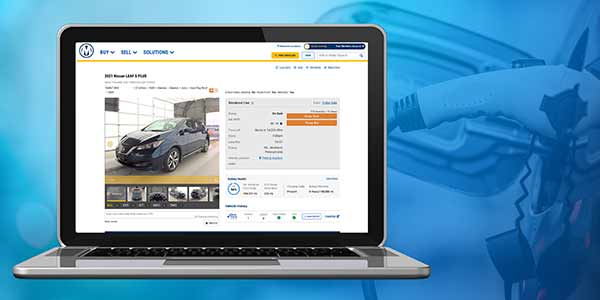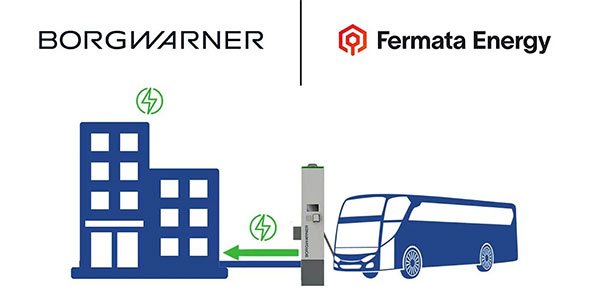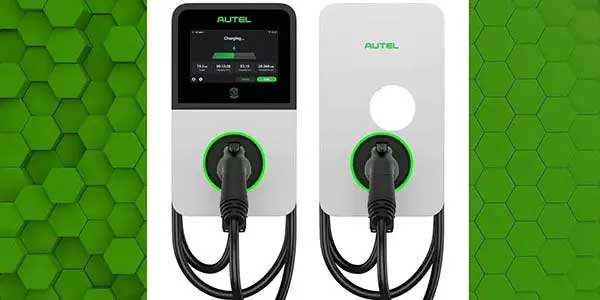The commercial automotive industry stands at the crossroads of economic challenges, evolving customer needs, and a dynamic environmental landscape, setting the stage for a transformative journey in 2024. As a new year unfolds, bringing fresh goals, evolving regulations and expanded opportunities, let’s delve into five pivotal trends that promise to shape the industry’s future.
1. Dealerships Pivot Toward Commercial Customer Obsession
In a changing economy where inflation and interest rates have hit the brakes rapidly for retail buyers, dealerships are likely to pivot toward commercial customers. These customers operate on a different clock — one that ticks loudly, demanding immediate solutions. The indispensable role of commercial vehicles, generating $2,000 to $3,000 per day per vehicle for businesses, underscores the urgency for efficient solutions. These customers can’t wait for interest rates to lower or the market to settle. Their industries are resilient through economic highs and lows, meaning vocational businesses ensure a consistent demand for commercial vehicles for dealerships.
In addition to needing vehicles to support their business now, commercial customers are also grappling with the complexities of running a business today. Many businesses and industries are feeling pressure from government regulations, as well as society, to integrate electric vehicles and net-zero carbon solutions into their fleets. New technologies like telematics offer data and insights that businesses need to operate efficiently. These complexities open avenues for new dealership services, and the key lies in cultivating relationships built on trust to guide commercial customers through this changing terrain.
2. Commercial EVs Find Their Niche in Specific Use Cases
Commercial customers certainly recognize the societal benefit of a fleet that sports the label “electric” or “net-zero” compared to the negative impression of an idling gas or diesel vehicle. As the societal appeal of sustainable fleets gains traction, commercial electric vehicles (EVs) face practical limitations, particularly in vocations with diverse operational needs. A utility company in a rural area with harsh winters or unpredictable violent storms, for instance, may find EVs impractical. However, specific use cases, such as fixed-route delivery and transport buses, present ideal opportunities for electrification. These vocations with predictable and short-range routes where vehicles can return to a garage or depot that can support charging are prime for adoption. Anticipate a surge in solutions tailored to specific use cases, ensuring a balanced integration of EVs into commercial fleets.
3. Fixed Ops Takes Center Stage with Commercial Service Bays
With revenues short on the retail side, dealerships will not only look to commercial sales to keep business moving, they’ll also look to other commercial revenue opportunities. Commercial customers can’t wait weeks for a vehicle to be serviced. Dealerships who offer dedicated commercial service bays or who provide mobile service offerings enhance their value. Commercial customers offer many opportunities for dealerships, but fixed ops poses potentially the greatest potential with a staggering 85-90% of commercial customers currently servicing their fleet outside of dealerships. It’s an untapped market that dealers can employ immediately.
4. Urban Final Mile: The Fastest Growing Vocation with Electric Bikes
Giant idling box trucks present an unsightly scene, initiating a traffic nightmare and blocking streets for even small package deliveries. As cities restrict truck access, urban final mile delivery becomes a hotbed for growth, and electric bikes emerge as the ideal solution for navigating congested city streets. Expect a surge in the adoption of eBikes customized for efficient last-mile delivery in urban markets, where traditional trucks face logistical challenges.
5. AI Drives Efficiency in Commercial Sales Processes
The commercial sales landscape is becoming more intricate, with an array of products ranging from vehicles to software, charging solutions and services. In response, 2024 is poised to unveil a new era of AI-powered solutions, revolutionizing customer prospecting and relationship management. This shift will empower dealerships to navigate the complexities of commercial sales efficiently, allowing them to offer a more tailored and technology-driven approach to their B2B customers.
In the fast-paced realm of commercial automotive, 2024 promises to be a year of adaptation, innovation and customer-centric evolution. Dealerships embracing these trends will position themselves at the forefront, steering the industry toward a future where commercial vehicles not only meet business needs but also align seamlessly with the changing dynamics of our world.














